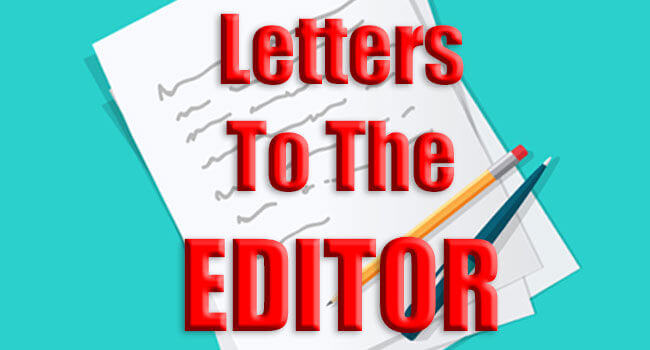To the Editor:
The U.S. populace is poorly informed about critical national issues like economics. Our economy is made up of hundreds of millions of people and businesses making hundreds of trillions of decisions over the course of years. Supply chain issues and inflation do not happen overnight. They are the result of many currents reinforcing themselves over time.
Many people claim that President Biden partially contributed to the current inflation; he has, but only to a small degree. Much more important was the historic $8 trillion in national debt pumped into the economy under Trump (25% increase in federal debt in four years). Add to that the next to zero fed interest rates, partially due to Trump’s pressure to achieve his promised 4% growth (which didn’t happen) and tax cuts, more money chasing fewer goods due to the pandemic. That’s the definition of inflation on page one of the Economics 101 text.
Looking a bit deeper, currently, the supply chain is being affected by a shortage of computer chips used today in virtually all products and manufacturing. Trump placed tariffs on Chinese manufacturers, which had little effect on the Chinese, but did nothing to enhance our American chip manufacturing capability. Interestingly, the Democrats have pushed a $50 billion bill to enhance our domestic semiconductor production. The Republicans, including our Van Drew, voted against it.
Deeper yet, and much less noticed, the IMF claims that “a key driver of global inflation” is the 700% jump in natural gas prices in Europe since the beginning of 2021.
We tend to look at ourselves as being removed from other nations and see the world on our terms. Nowhere is this more obvious than ignoring that inflation, rising fuel prices, and supply chain issues are international phenomena and Biden can do very little about any of them.
For instance, our rate of inflation was 8.6%, only marginally higher than Germany (7.6%), Canada (7.7%), and lower than the Netherlands and UK. That is paralleled by gas prices around the world.
What we don’t seem to see, or perhaps more likely, don’t want to see, is that we are just one part of an increasingly integrated family of nations, economies, and cultures.
We desire to see the president as all-powerful. Hate to burst the bubble, but the government, nation, and world are large, complex entities, and the U.S. president is just one tiny part.
So, while the U.S. has a number of strengths, we can definitely use improvement in other areas of understanding.
– Bruce Allen, Del Haven








